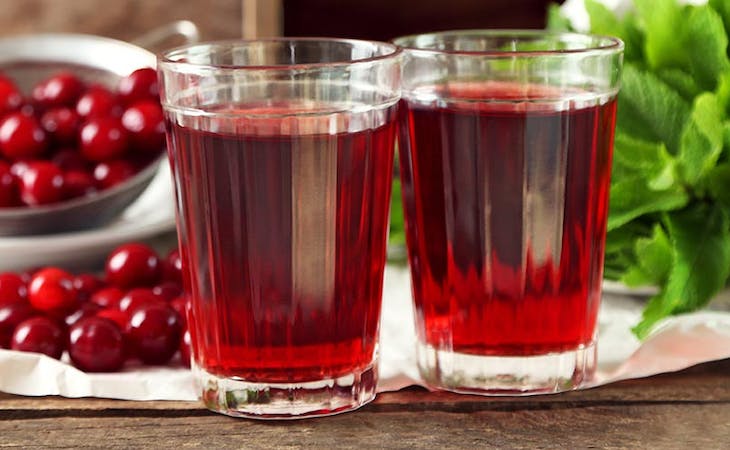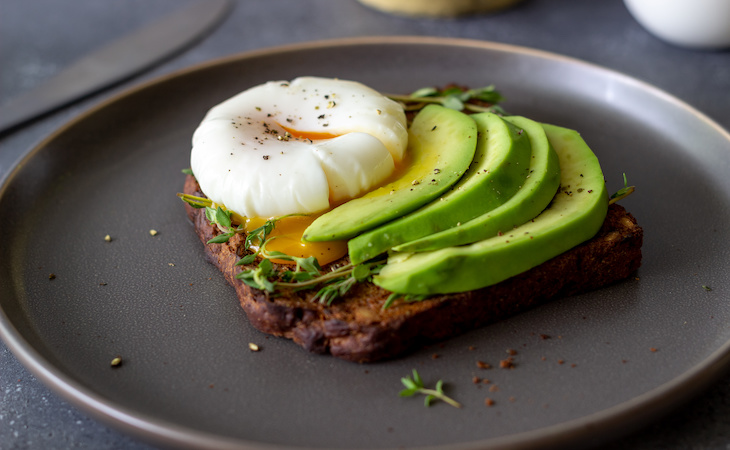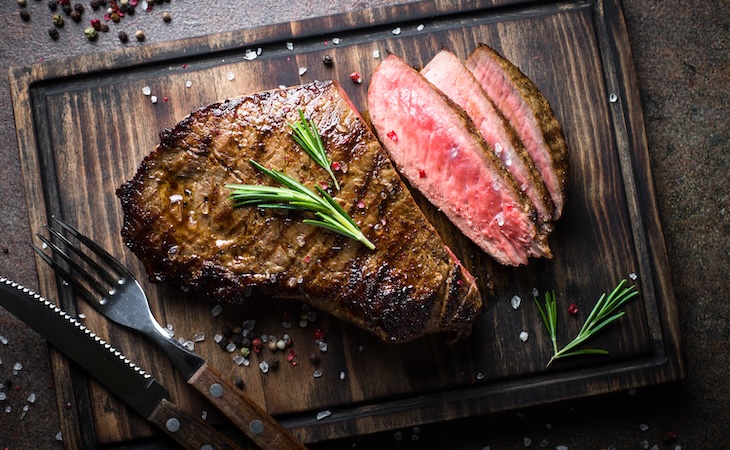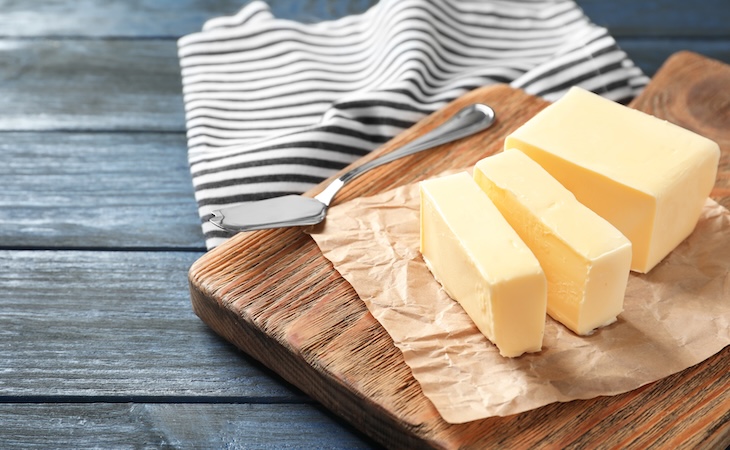What you drink, especially in the hours before bedtime, can make a big difference in how well you sleep. Some beverages, like coffee and alcohol, are well-known sleep stealers. Even water can keep you up if you drink too much of it too close to bedtime. On the flip side, some drinks can help you fall (and stay) asleep. These are the best things to drink before bed—and the ones to avoid—for a better night’s sleep.
What to drink before bed
Watch this video for the best foods and drinks to eat before bed:
Milk
This tried-and-true nighttime beverage really does help promote a good night’s sleep. “The amino acid tryptophan found in milk can be metabolized to melatonin, which explains its sleep-inducing properties,” says Mascha Davis, RDN, a spokesperson for the Academy of Nutrition and Dietetics.
Davis says temperature doesn’t matter much, though warm milk just feels more comforting. For a flavor boost, sprinkle nutmeg or cinnamon on top. (An added bonus: A pinch of nutmeg can have a calming effect.)
Banana tea
According to Michael Breus, PhD, fellow of The American Academy of Sleep Medicine and clinical psychologist in Los Angeles, most people are magnesium deficient, which can lead to a restless night’s sleep. Breus (a.k.a. The Sleep Doctor) provides the perfect antidote: a cup of magnesium-rich banana tea.
“Because the peel of the banana contains almost three times the amount of magnesium as the fruit itself, this easy-to-make tea is like nature’s sleeping pill,” says Breus. He provides this quick recipe to brew your own cup:
- Wash an unpeeled, organic banana, cutting off the tip and stem.
- Cut the washed, unpeeled banana in half.
- Drop the pieces into three cups of boiling water. Allow it to boil for three minutes (or until it turns a brownish color).
- Discard actual banana pieces and pour the “banana water” into a cup. Let it cool a bit, then sip and enjoy!
Chamomile tea
Sipping on a cup of tea might already be part of your go-to bedtime routine. As long as it’s noncaffeinated herbal tea, it can help you fall asleep.
“Chamomile tea is a great option,” says Davis, “because it also triggers receptors in the brain that are responsible for sleep.” If you’re using loose tea leaves, you can create your own sleep-inducing blend by mixing in herbs such as lavender and valerian.
Tart cherry juice
Loaded with an amino acid that helps produce melatonin, tart cherry juice can enhance sleep quality. According to research published in the European Journal of Nutrition, consuming tart cherry juice boosted melatonin levels, beneficial in improving both sleep duration and quality. And you only need to drink a half cup or so to reap its benefits.
Too tart to taste? Sweeten it with a spoonful of raw honey or a few drops of vanilla extract. If you can’t find cherry juice in your local market, “make a small smoothie in the evening with some frozen cherries and half a banana, which will also help you sleep,” Davis says.
Water
You know you should drink plenty of water every day to help your body function properly. But did you know that staying hydrated also plays an important role in how well you sleep? “Some people have a terrible quality of sleep simply because they’re dehydrated,” Davis notes.
When you’re dehydrated, it can disrupt sleep by increasing your risk for leg cramps, snoring, and, according to a 2015 study in the journal Hypertension, even high blood pressure. So don’t stint on the H20! Just try to drink most of it earlier in the day to avoid those sleep-disturbing, middle-of-the-night bathroom trips.
No matter what sleep-promoting drink you choose, Davis says to “drink no later than 90 minutes before bed, except for water” to reap the benefits. That being said, if you’re someone who tends to wake up in the middle of the night to pee, front-load your water intake to avoid sleep-wrecking bathroom trips.
Bonus tip
Breus suggests adding a teaspoon of raw honey to your drinks, as it can help keep your blood sugar stable longer. (Blood sugar swings are one of the most common causes of waking up in the middle of the night—that’s why you want to avoid overly sugary treats right before bedtime.)
What not to drink before bed
Coffee
Put down that late-afternoon latte! Though it might give you a boost to get through the rest of your work day, coffee will keep you alert long after you drink it. One study found that having caffeine six hours before bedtime cut total sleep time by an entire hour.
Caffeine can make it harder to not only fall asleep but also remain in a deep sleep. “Make sure you stop drinking coffee around 3 p.m.,” warns Davis. “Too much caffeine will keep you up all night and cause you to drink more the next day. It’s an evil cycle.”
Caffeinated tea
A cup of tea won’t always help you nod off. “Tea can be more stimulating than coffee,” Davis says, “so make sure any teas you drink in the afternoon are decaffeinated or herbal.”
Tip: To check the caffeine content of popular drinks (including coffee, tea, hot chocolate, and energy drinks), check out this helpful caffeine chart from the Center for Science in the Public Interest. (Find out if matcha is good for sleep.)
Alcohol
Reaching for a glass of vino might make you sleepy initially. But, Davis explains, “once it’s metabolized in your body, which doesn’t take all night, you’ll have a hard time falling back to sleep.”
The alcohol-sleep connection shows that, after imbibing, you spend more time in a lighter stage of sleep and less time in the deep, restorative phase.
Soda
Davis advises staying away from anything that has a lot of sugar (we’re looking at you, sweet soda) because sugar can make you feel more energized.
In fact, a study published in the Journal of Clinical Sleep Medicine found that participants who consumed higher amounts of sugar experienced lighter, less restorative sleep and woke up more frequently. Plus, many sodas (like cola) pack a double whammy: sugar and caffeine.
Here are the best foods to eat before bed and the worst foods to nosh before you hit the hay.




